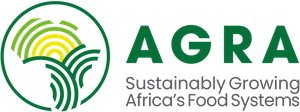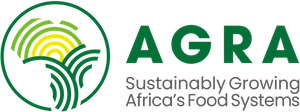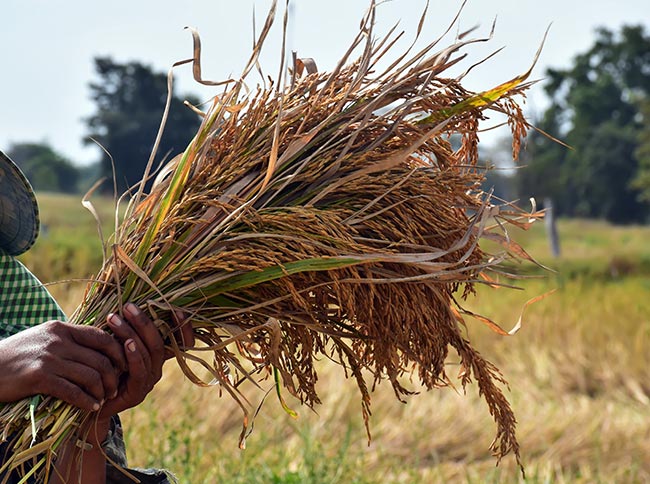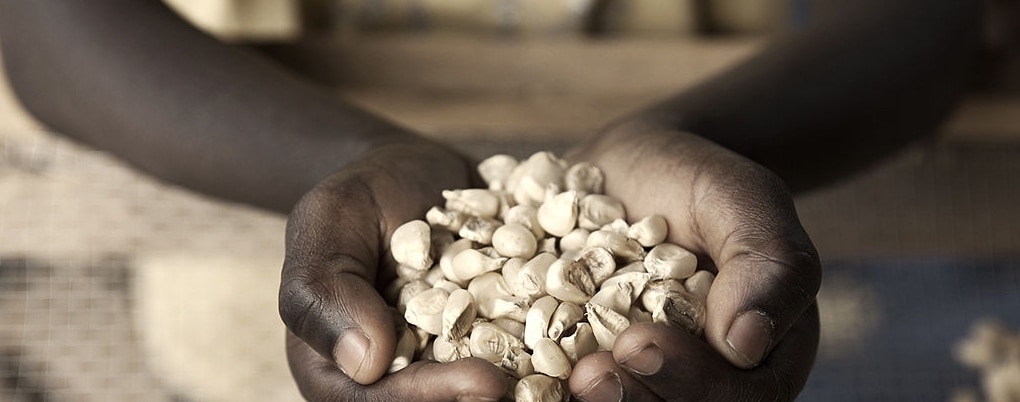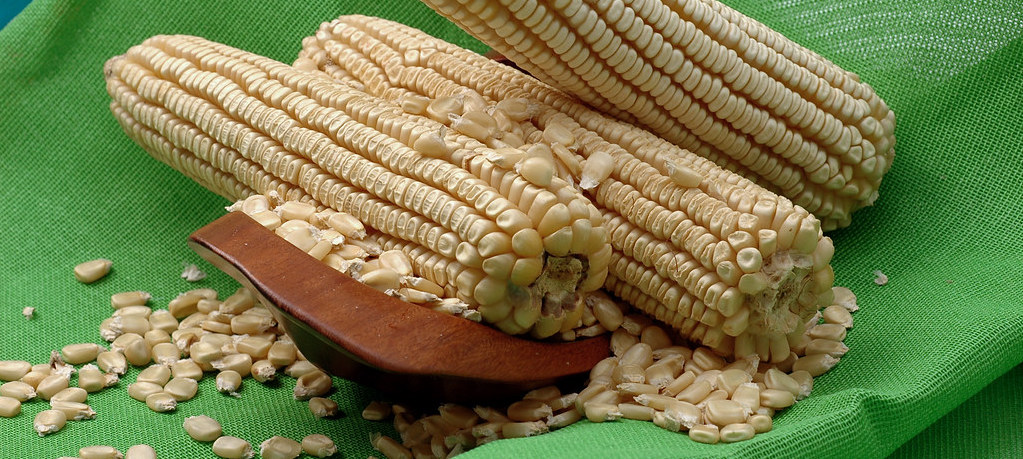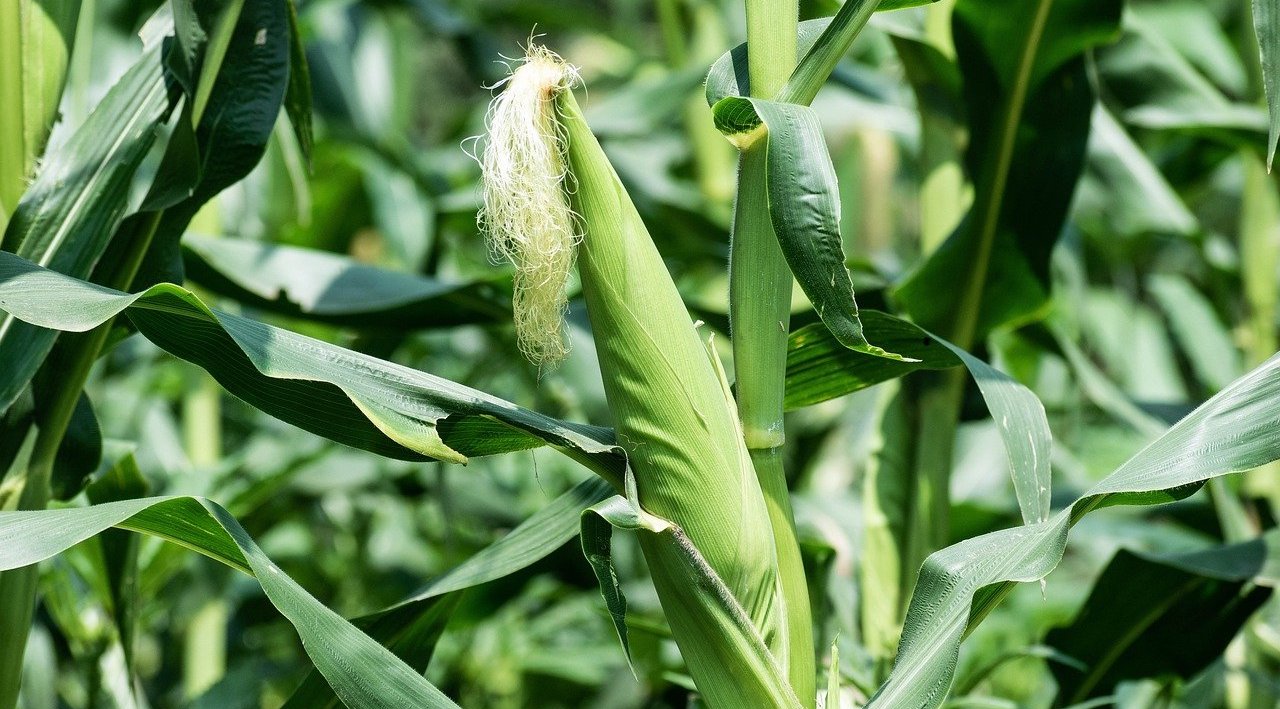“A large proportion of my income goes into paying school fees for my children, and taking care of the family’s social and cultural needs. I also pay dowry for my children who are mature to marry. I also save some of my profit at the bank where I accessed the loan, after paying the monthly installment on the loan,” – Coulibaly Dramane
Coulibaly Dramane lives in Medina Coura B3, a village in the Niono district of the Segou region of Mali, where he ciltivates over ten hectares of rice under a full irrigation system, with the help of his two wives and sixteen children.
Though Dramane has been farming for 35 years, he used traditional farming methods – hoes and cutlasses – largely, without following any good farming practices. He planted traditional seeds which he bought from the local market, and therefore made very little progress and profit.
His yields did not exceed 3.5 MT per hectare, and he could not cultivate 3 hectares a couple of years ago, though he had the capacity and available land to do so. What Dramane needed at the time was credit to be able to access high quality seed of improved varieties and quality fertilizers, as well as post- harvest management equipment, and training on good farming practices, to expand his farming activities. In Dramane’s community, as in many others, local financial institutions, generally, are very reluctant to provide credit to smallholder farmers, but things started changing for him when he enrolled as a member ofa farmer cooperative − Faso Kanu, which is a member of an apex farmer organization Faso Jigi, an AGRA grantee.
What changed Dramane’s story totally was a mechanization service scheme which was developed, with AGRA support, to complement the agro-input scheme already offered by Faso Jigi to its farmer cooperatives.
Thanks to this scheme, Mr. Dramane was able to secure a credit facility of $1,540 from la Banque de Développement Agricole du Mali to purchase seeds and fertilizers to boost his productivity. He also got a loan of $6,000 from Faso Jigi new microfinance institution, to acquire production and post-harvest management equipment to improve quality grains and competitiveness in the market.
With the credit from the bank, Dramane bought his certified seeds and fertilizers from a local agro- dealer outlet through Faso Jigi, and benefitted from bulk purchase discount rates on these inputs. He also purchased a tractor which he used to expand his farm, and threshing machines to improve the quality of his produce for competitive prices. He increased his productivity from 3.5MT per hectare to 5.25MT per hectare. Dramane stored and marketed a large proportion of his produce through Faso Kanu, the cooperative he belongs to.
Like other farmers, he receives market information from Faso Jigi, which collates prices on various markets for its members, and also from l’Observatoire du marché Agricole (OMA), a market information platform which is operated by the government of Mali. A significant quantity of Dramane’s paddy rice is sold collectively through his cooperative to Faso Jigi, based on contracts signed at the beginning of the production season.
“A large proportion of my income goes into paying school fees for my children, and taking care of the family’s social and cultural needs. I also pay dowry for my children who are mature to marry. I also save some of my profit at the bank where I accessed the loan, after paying the monthly installment on the loan,” he said.
